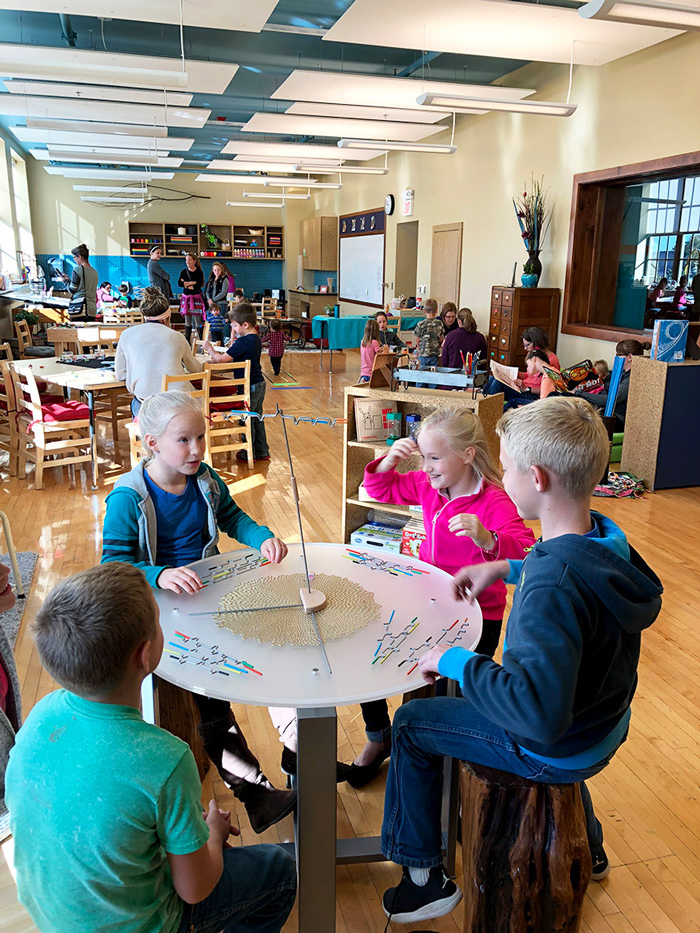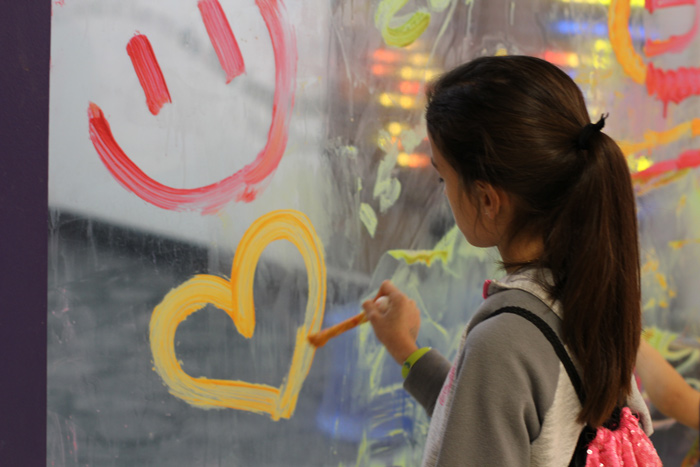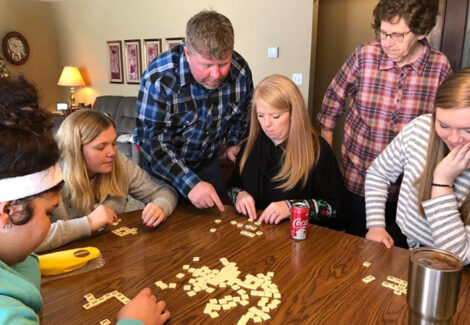The power of a caring word, a listening ear, small gesture, or a sincere compliment cannot be underestimated. These simple acts of kindness hold the potential to brighten someone’s day, turn a negative situation positive, and ultimately make the world a better place.

One of the most valuable skills for children to develop is empathy, which is the ability to identify with and understand somebody else’s feelings or difficulties. Here are a few examples of how to cultivate empathy through play:
- Playing games gives children the opportunity to consider their opponents’ feelings when winning or losing. Managing these feelings heightens awareness of how one’s interactions influence others, which enhances the skill of empathy.
- When small conflicts arise, help children resolve the situation by teaching simple games such as Rock, Paper, Scissors to find an agreeable solution.
- Role model positive behaviors such as high-fives and encouraging words to support other people.
- Read stories to open up children’s imaginations to different characters and situations they may be experiencing.
- Ask your children questions that encourage them to think about issues from someone else’s perspective such as: What if? or How would you feel?
- Encourage behaviors that enhance empathy like talking face to face, focusing on feelings, and expressing feelings.
- Provide time for unstructured play. Give children the opportunity to practice empathy through collaboration, conflict resolution, and problem-solving.
- Help children identify different emotions by looking at pictures and talk about how that person may be feeling. You could also stand in front of a mirror and take turns making different faces that represent various emotions like happy, sad, angry, or lonely.
- Encourage children to engage in pretend play. For example, on KidStreet at the Children’s Museum of South Dakota, children take on different roles as a mechanic, post office worker, cook, or grocery store clerk.

Through these experiences, they are learning how to understand others, which is a core quality of empathy.
Developing the skill of empathy and building healthy relationships are a vital part of childhood. With these playful methods of practicing empathetic behaviors, children will better understand how their actions influence others. With that awareness, they will be better equipped to understand someone else’s feelings or difficulties.






